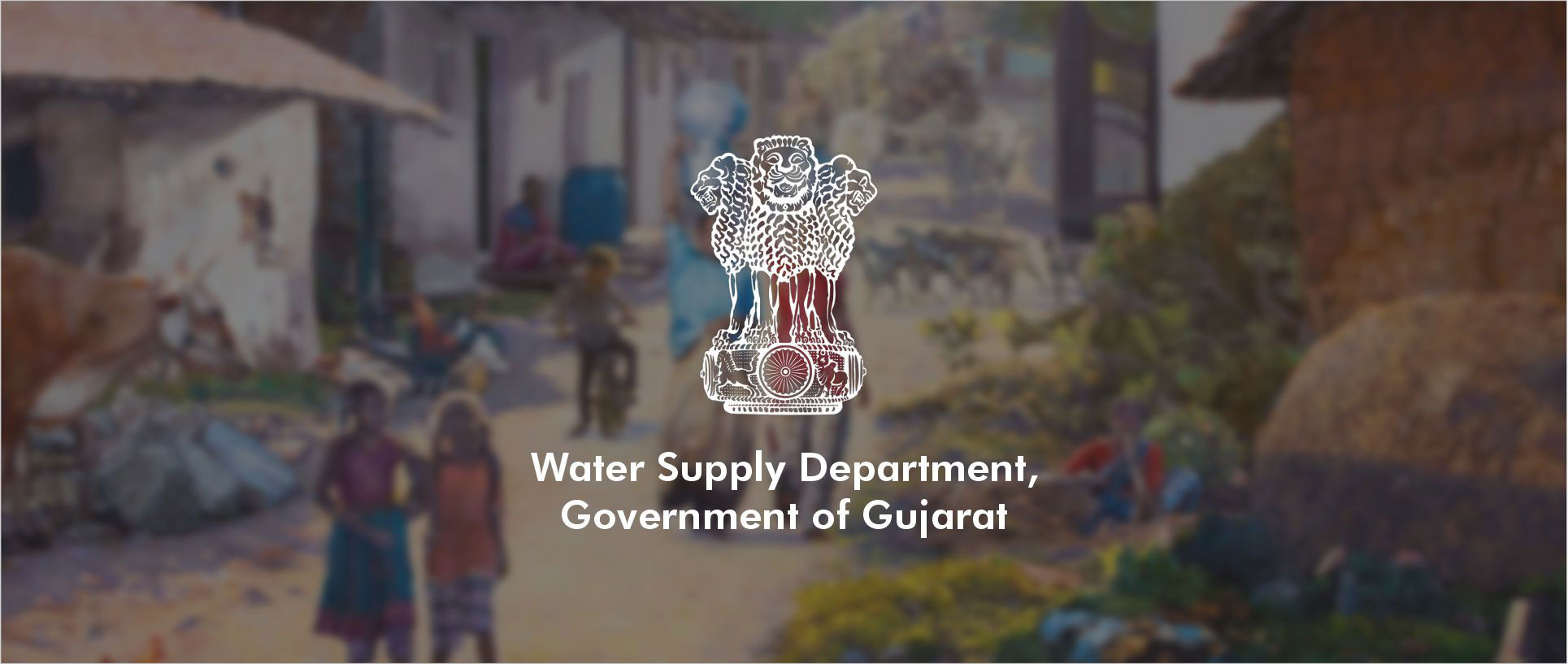Discovering "Wasmo Link": Exploring Online Content Safely And Smartly
Have you ever found yourself curious about a specific term or phrase you came across online, perhaps something like "wasmo link"? It's a rather common experience, you know, when a word or a short phrase pops up and just makes you wonder what it's all about. People, it seems, are always on the lookout for something new, something that catches their eye, or a connection to a community that feels right. This kind of search, for terms like "wasmo link," really speaks to our natural desire to explore the vast, sprawling digital world around us.
It's fascinating, actually, how quickly new terms and trends can spread across the internet, isn't it? One moment, a phrase might be obscure, and the next, many people are searching for it, trying to figure out its meaning or where it leads. This curiosity is a powerful force, drawing us deeper into different corners of the web, whether we're looking for news, entertainment, or perhaps even a specific kind of community. So, when someone types "wasmo link" into a search bar, they're probably hoping to uncover something interesting, something that resonates with their current interests or questions.
And that's where things get interesting, because the journey to finding what you're looking for online isn't always straightforward. It's a bit like exploring a huge, bustling market; you might find exactly what you want, or you might stumble upon something completely different. The goal, then, is to make sure that whatever path you take, you do it with a clear head and a sense of caution, making sure your online adventures are both rewarding and secure. So, let's talk a little about what it means to look for something like a "wasmo link" and how to do it in a smart way, you know, for your own good.
- What Does Wap Mean
- How Do I Say Goodbye Lyrics
- What Does Asl Mean
- How To Screenshot On Pc
- Punta Cana Missing Girl
Table of Contents
- Why People Look for Specific Links
- The Ever-Changing Online Content World
- Staying Secure While Browsing
- Making Sense of Online Content
- Building a Better Online Experience
- Frequently Asked Questions About Online Links
- Wrapping Up Your Online Searches
Why People Look for Specific Links
It's really quite simple, people are looking for things that matter to them. When someone types in a specific phrase, like "wasmo link," it often means they've heard about something, or maybe they're trying to find a particular kind of content that aligns with their interests. Perhaps they're searching for a story, a piece of music, a discussion forum, or even just a bit of information that's been talked about in their social circles. This urge to connect with specific content is a very human thing, you know, a way to stay informed or entertained.
Think about it, in today's digital landscape, there's a whole lot of content out there, and sometimes, you need a very precise term to cut through the noise. People might be trying to find a link to a specific video, a unique article, or even a community group that shares a common interest. The search for "wasmo link," in this sense, is just one example of how individuals try to pinpoint exactly what they want to see or participate in online. It's a direct way to get to the heart of what they're looking for, isn't it?
And, you know, this kind of specific search can also be driven by curiosity about new cultural expressions or trends. Sometimes, a term gains popularity within a particular community or region, and others outside that group become curious about what it represents. So, looking for a "wasmo link" could just be a way to understand a cultural phenomenon or to connect with content that's popular in certain areas. It's a natural part of how we explore the diverse tapestry of the internet, really.
- The Voice Winner 2025
- Goob From Meet The Robinsons
- Grab The Mic Game
- Julesari Leaks
- Whispers Of Manifestation On Borlest
The Ever-Changing Online Content World
The internet, it's fair to say, is always moving, always changing. What's popular today might be old news tomorrow, and new types of content and new ways of sharing information pop up all the time. This constant shift means that terms like "wasmo link" can appear, gain traction, and sometimes even fade away, reflecting the dynamic nature of online culture. It's a bit like a river, always flowing, always finding new paths, isn't it?
When you're searching for something as specific as "wasmo link," you're essentially trying to catch a wave in this ever-moving digital ocean. The results you get can vary greatly, depending on when you search, where you are, and what the current trends are. This variability is just a part of the online experience, and it means you need to be prepared for a range of possibilities when you click on something. It's not always a straight line from search to discovery, you know.
And, you know, the way content is shared also plays a big part. Links can pop up on social media, in chat groups, or even in news articles. The journey of a "wasmo link" from its origin to your search bar can be quite complex, reflecting how information spreads in our interconnected world. Understanding this flow can help you better appreciate what you're seeing and why it's appearing, which is pretty useful, if you ask me.
Staying Secure While Browsing
Finding what you're looking for online is one thing, but staying safe while you do it is, arguably, even more important. When you're clicking on links, especially ones that are new to you or that come from unfamiliar sources, it's wise to approach them with a healthy dose of caution. Just like you wouldn't drink from any old stream without checking if the water is clean, you shouldn't just click on any link without thinking about it first, you know?
One very practical tip is to always check the web address before you click. Does it look legitimate? Does it seem to match what you expect? Sometimes, tricky links can look almost identical to real ones, but with just a tiny difference. Taking a moment to look at the full address can save you a lot of trouble down the road. It's a small step, but it makes a big difference, honestly.
Also, having good security software on your computer or phone is a bit like having a sturdy umbrella in a sudden downpour. It can protect you from various online threats, like viruses or phishing attempts, that might be lurking behind questionable links. Keeping this software up to date is pretty important, too, because new threats appear all the time. You want to make sure your digital defenses are always ready, right?
Another thing to consider is the source of the link. Did you get it from a trusted friend, or did it pop up out of nowhere? Links from unknown sources, especially those promising something too good to be true, often carry risks. It's always better to be a little skeptical and verify the source if you can. Think of it as a good habit for your online life, really.
And, you know, if a link takes you to a page that immediately asks for personal information, like your passwords or bank details, that's a huge red flag. Legitimate sites rarely ask for such sensitive information right away, especially not without a clear reason. Always pause and think before giving away any personal data. Your privacy is a big deal, and protecting it is something you should always prioritize, obviously.
For more general guidance on keeping yourself safe while exploring the internet, you could look at resources from reputable cybersecurity organizations. They often have great tips and guides that are easy to understand. Staying Safe Online is a good place to start for general internet safety advice.
Making Sense of Online Content
Once you've clicked on a link, and you're on a new page, the next step is to figure out what you're actually looking at. Not all content is created equal, and some might be designed to mislead or confuse. So, you know, it's pretty helpful to develop a keen eye for what's real and what might be a bit questionable. This skill is super useful in our digital age, honestly.
Consider the tone and style of the writing. Does it seem professional and balanced, or does it sound overly emotional or biased? Reputable sources tend to present information in a clear, straightforward way, without trying to provoke strong reactions. If something feels off, or too sensational, it might be worth a second look. Trust your gut feeling on these things, it's often right.
Also, check who created the content. Is there an author listed? Is the website well-known and generally considered trustworthy? Anonymous content or content from unfamiliar sites should be approached with more skepticism. It's a bit like getting advice; you'd probably trust someone with a good reputation more than a complete stranger, wouldn't you?
And think about the purpose of the content. Is it trying to inform you, entertain you, or perhaps even convince you of something? Understanding the intent behind the content can help you interpret it more accurately. Some content is clearly opinion, while other pieces aim to present facts. Knowing the difference is pretty important for making good judgments, you know.
If you're looking for factual information, try to find multiple sources that say the same thing. If only one obscure site is reporting something, it might not be entirely accurate. Cross-referencing information is a really good habit to get into, especially when you're trying to verify something important. It helps build a more complete picture, and that's a good thing.
Building a Better Online Experience
Ultimately, your online experience is shaped by the choices you make, including what links you click and how you interact with the content you find. By being thoughtful about your searches, like for a "wasmo link," and by practicing safe browsing habits, you can create a much more positive and rewarding time online. It's all about being a smart digital citizen, really.
Think about contributing positively to online communities you join. If you find valuable content, consider sharing it responsibly. If you encounter something that seems harmful or misleading, you might report it to the platform or simply avoid engaging with it. Your actions, however small, can help make the internet a better place for everyone, you know, collectively.
And remember, the internet is a vast place, full of amazing things to discover. Don't let the occasional questionable link stop you from exploring. Instead, use these experiences as learning opportunities to refine your search skills and strengthen your digital awareness. It's a continuous learning process, and that's perfectly fine, actually.
We're always working to help people find what they're looking for safely. Learn more about online safety on our site, and you can also find helpful information about digital literacy to help you navigate the web with more confidence.
Frequently Asked Questions About Online Links
What does "wasmo" mean, generally speaking?
While the exact meaning of "wasmo" can depend on context and language, particularly in Somali, where it has specific cultural uses, when people search for "wasmo link" online, they are generally looking for specific types of content or communities. It's a term that points to a user's interest in a particular niche or cultural expression, you know, something they've heard about or are curious to explore further.
Is it safe to click on any "wasmo link" I find?
No, it's really not a good idea to click on just any link you find online, especially if you're not familiar with the source. The internet has all sorts of content, and some links can lead to sites that are unsafe, contain malware, or are designed to trick you. Always check the web address, use security software, and be cautious about where the link comes from. Your online safety is very important, you know.
How can I find reliable information when searching for specific terms like this?
To find reliable information, it's best to stick to well-known, reputable websites and sources. Look for content that is clearly attributed to an author or organization, and check if the information is supported by other trustworthy sites. If something seems too sensational or lacks clear facts, it's probably best to be skeptical. It's all about critical thinking, really, when you're looking for good information.
Wrapping Up Your Online Searches
So, as we've talked about, searching for terms like "wasmo link" is just one small part of the bigger picture of how we explore the internet. It highlights our natural desire to connect with specific content and communities. The key takeaway, you know, is to approach every online search, especially for less common terms, with a good sense of awareness and a commitment to safety. By being smart about what you click and where you go, you can make your digital journeys much more enjoyable and secure. It's all about being prepared for what you might find, really, and making good choices along the way.
- How Long Does It Take For Eyelashes To Grow Back
- How Many Legs Does A Spider Have
- Brandi Passante Pics
- Is A Fish An Animal
- Caitlin Clark Rookie Card

Wasmo - Trizone India

Wasmo - Trizone India

Wasmo - Trizone India